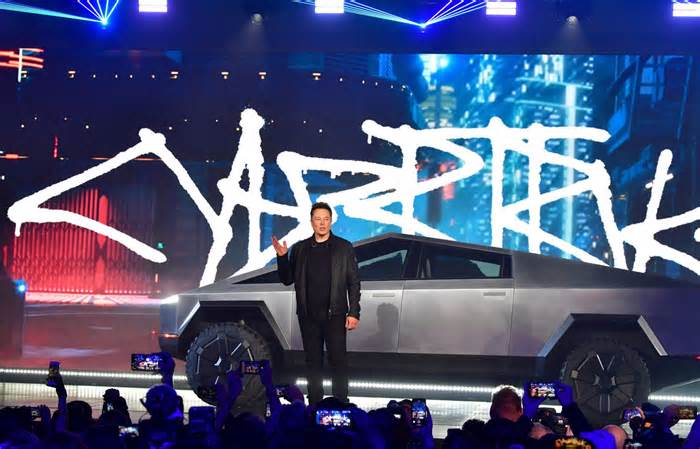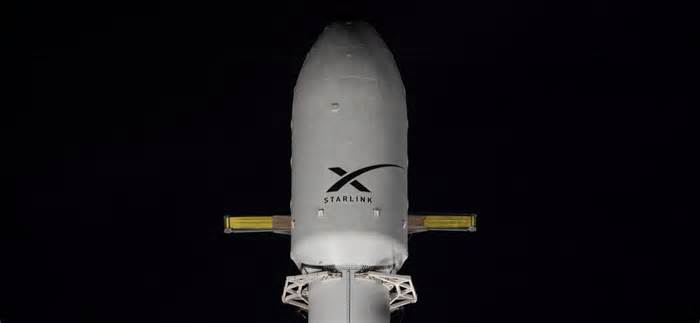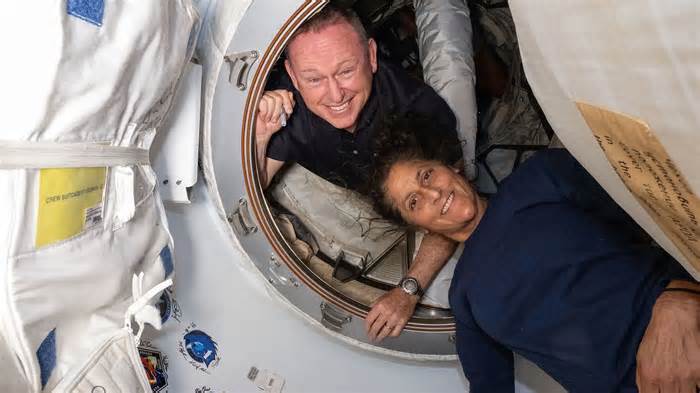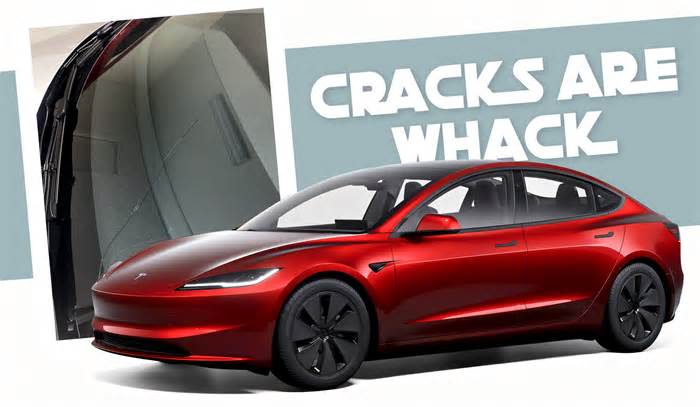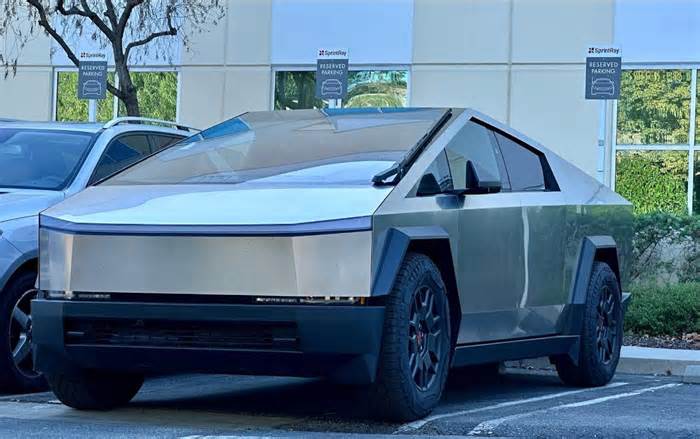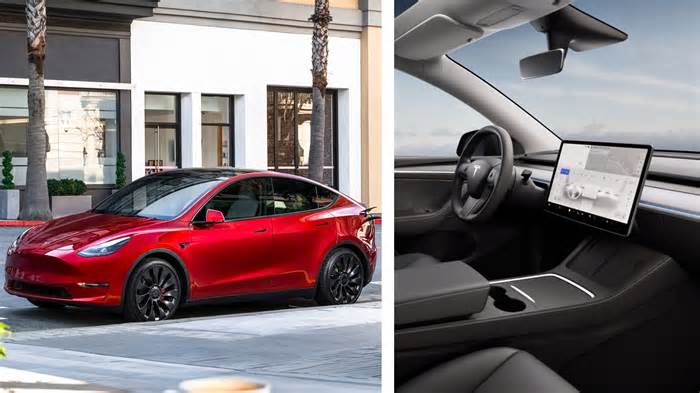
Why a judge rejected Elon Musk's $50 billion Tesla pay package
- by ABC News
- Dec 03, 2024
- 0 Comments
- 0 Likes Flag 0 Of 5
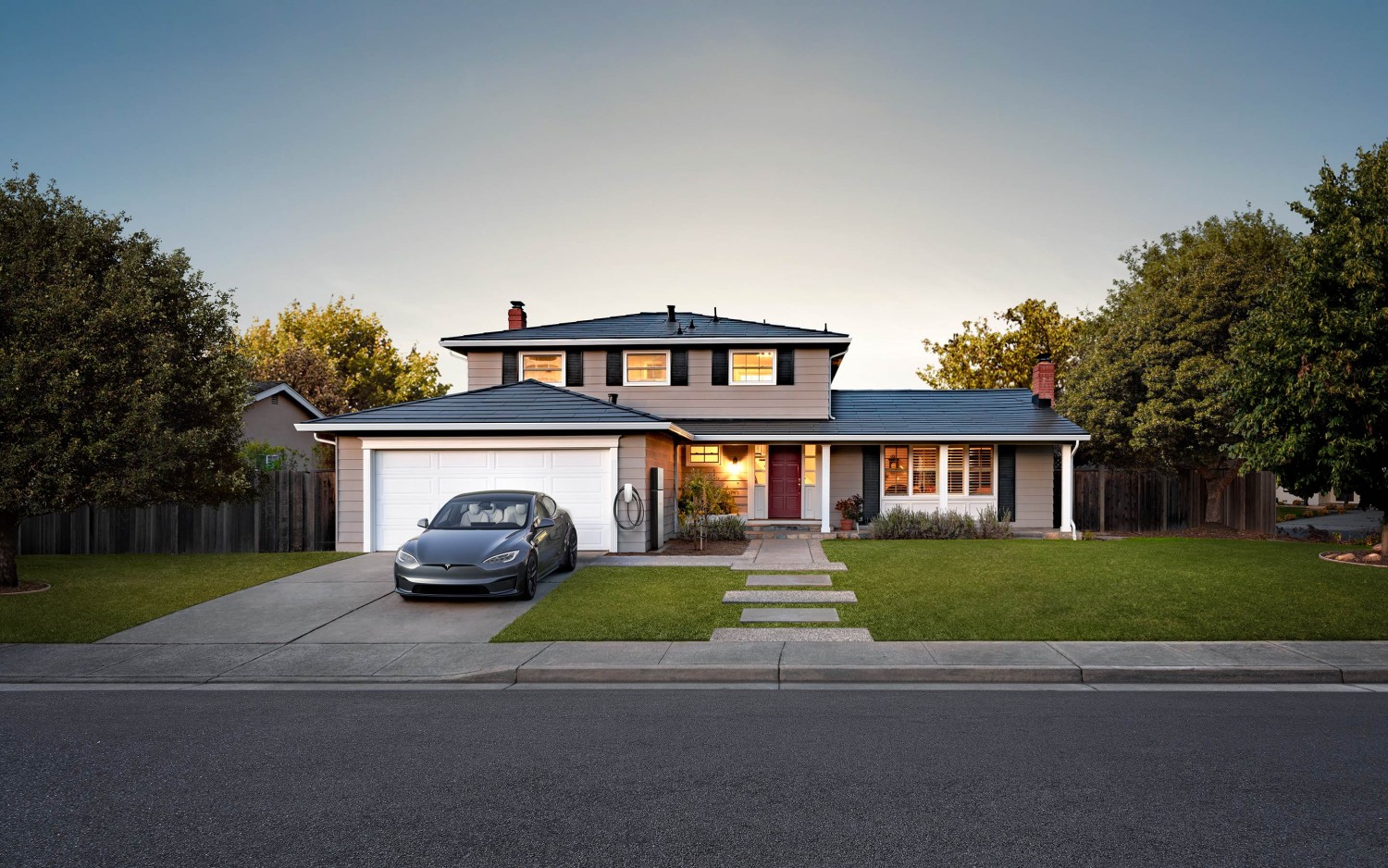
December 3, 2024, 1:46 PM
0:50
Tesla CEO and X owner Elon Musk listens as President-elect Donald Trump speaks during a meeting with House Republicans at the Hyatt Regency hotel in Washington, Nov. 13, 2024.
Allison Robbert/Pool via Reuters
Tesla shareholders have voted twice to hand CEO Elon Musk a compensation package valued at more than $50 billion, which would make him the highest-paid executive ever.
For a second time, a Delaware judge ruled this week that they can't do it.
The renewed attempt to secure compensation for Musk suffered from "fatal flaws," Chancellor Kathaleen McCormick of the Court of Chancery said in her ruling, citing procedural violations.
The legal battle pits the world's richest person against America's most prominent court for corporate law, testing the rules of executive pay at one of the nation's most high-profile companies.
In a post Tuesday on X, which Musk owns, he criticized the ruling. "Shareholders should control company votes, not judges," Musk said.
Tesla echoed Musk's view, vowing to appeal. "A Delaware judge just overruled a supermajority of shareholders who own Tesla and who voted twice to pay [Elon Musk] what he's worth," the company said in a post on X.
MORE: Musk's DOGE wants to slash regulations. Workers and patients may suffer, experts say. Why did the judge rule on Musk's compensation for a second time?
The ruling this week reaffirms a January decision made by McCormick, in which the judge rejected the 2018 compensation package that Tesla voted to provide to Musk. The January ruling declared that the negotiations surrounding the package had been inappropriate, due to a lack of independence among board members and problematic influence by Musk over those negotiations.
McCormick revisited the decision in response to a petition from Musk attorneys after a second shareholder vote in June showed more than 70% supported the compensation package.
Shareholders again ruled in favor of the package even after the flaws of the initial negotiation had been fully disclosed, Musk's attorneys argued, further claiming that the second shareholder vote made up for the initial problems with the compensation package that McCormick noted.
The ruling this week did not revisit the issues settled in McCormick's first ruling against Musk, Ann Lipton, a professor at Tulane University who studies corporate law, told ABC News.
"The defendants thought maybe they could fix the problems by having the shareholders vote again on the package with the court's first opinion available to them," Lipton said. "McCormick concluded, 'No, they couldn't.'"
Why did the judge rule against Musk?
In her initial ruling, McCormick took issue with the power Tesla afforded Musk, saying his sizable stake in the company and close ties with board members had undermined the process behind the compensation package.
"The collection of features characterizing Musk's relationship with Tesla and its directors gave him enormous influence over Tesla," McCormick wrote in her opinion.
"Musk was the paradigmatic 'Superstar CEO,' who held some of the most influential corporate positions (CEO, Chair, and founder), enjoyed thick ties with the directors tasked with negotiating on behalf of Tesla, and dominated the process that led to board approval of his compensation plan," McCormick's opinion continued. "At least as to this transaction, Musk controlled Tesla."
In her latest ruling, McCormick decided that a second shareholder vote on the compensation package – even if made with full knowledge of the initial problems surrounding the negotiation of the agreement – could not undo those problems.
In other words, stockholders cannot ratify an agreement if the process behind it was improper, McCormick said.
"A stockholder vote standing alone cannot ratify a conflicted-controller transaction," McCormick wrote in her opinion. The term "conflicted-controller transaction" refers to the conflict of interest McCormick initially found in the role Musk played in negotiations.
Tesla CEO Elon Musk (R), German Chancellor Olaf Scholz (L) and Brandenburg State Premier Dietmar Woidke applaud as they attend the start of the production at Tesla's "Gigafactory," March 22, 2022, in Gruenheide, southeast of Berlin.
Patrick Pleul/POOL/AFP via Getty Images
The ruling this week centered "very much on an issue of procedure," Lipton said, with McCormick determining that a new shareholder vote could not alter the findings that had dictated the court's initial ruling.
"The gist is: Too little, too late," Lipton added.
Frustration among Musk and shareholders is understandable, Lipton said, since the ruling appears to refute the will of thousands of Tesla shareholders. But the rules regulating corporate procedure exist in part to protect those same shareholders, she added.
"On a gut level, it's true: Shareholders really do know who Musk is, what the package is, and that they want to give it to him," Lipton said. "On the other hand, we have procedures for determining for sure that that's what the shareholders want. It's complicated."
What will happen next?
Tesla has vowed to appeal the ruling, which would send the decision to the Delaware Supreme Court. The higher court would revisit both the January ruling of an improper process for setting the pay package, as well as the decision this week regarding a failure to fix those problems with a second shareholder vote, Lipton said.
MORE: Tesla set to unveil its Cybercab in move Musk hopes will steer company into new era
Dr. Dennis Papadopoulos
Apr 26, 2014
Please first to comment
Related Post
Stay Connected
Tweets by elonmuskTo get the latest tweets please make sure you are logged in on X on this browser.
Sponsored
Popular Post
tesla Model 3 Owner Nearly Stung With $1,700 Bill For Windshield Crack After Delivery
33 ViewsDec 28 ,2024
Middle-Aged Dentist Bought a Tesla Cybertruck, Now He Gets All the Attention He Wanted
32 ViewsNov 23 ,2024






 Energy
Energy




